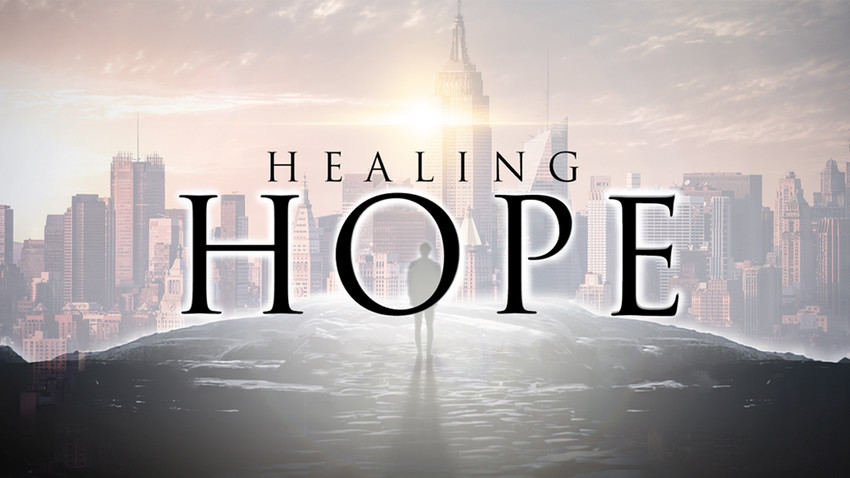Three days into our Michigan coronavirus lockdown, I'm already wondering, "How long does all this last?" Not that I'm impatient, mind you. But like you, I'm eager for the pandemic to be conquered, for the sick to be healed, for the rest of us to be saved, and for life to move beyond these four walls!
But assuming we're going to be here for a bit (home-bound), I’ll be sending you a weekly blog that connects the life of the Spirit with life in a pandemic. (If you wish to subscribe to the blog, go to www.pmchurch.org/blog.)
Let's open with this story (USA Today) sent me by a friend—about a 60-year-old pet-sitter named Amy McDonald (Fishers, Indiana). Her business, Amy’s Critter Care, focuses on giving day-time TLC (like long walks) to pets whose owners work away from home. But with the advent of the pandemic, her clients obviously aren't needing anybody to watch their pets—everybody’s home. So Amy has been seeking ways to look out for some of her elderly neighbors.
Nearby Amy is 89-year-old Jo Trimble, who lives in a neighborhood filled with elderly, one of the higher risk populations for the pandemic. For Jo and the senior community, "the threat of infection hangs over every interaction as coronavirus spreads."
Tuesday, Amy headed out to collect grocery orders from some of these elderly neighbors. She knocked on Trimble's door, knowing Jo lived alone. "When Trimble opened the door, she told McDonald to stay back: She had a stomach virus and didn’t feel well." Amy could have walked away, but she insisted Jo give her a grocery list.
When McDonald returned with the groceries, the elderly Jo looked paler than before. "'I feel horrible,' she said.'" Again, Amy "could have set down the groceries and backed away." But instead, she took the bags to the kitchen, while Jo laid down on the sofa. "McDonald was going to leave, but something in her couldn't. She texted a neighbor who was a retired nurse for advice." When Jo's daughter called to check how her sick mother was faring, Trimble handed the phone to Amy, who instructed the daughter to hurry down. "'I'm not going to leave your mother,' she said.”
A little while later, Trimble vomited, complained of chest pains, and mumbled, I need help. Amy called 911. When the paramedics arrived, they were in full coronavirus mode with masks and talking to Jo from a distance. "Trimble was having a heart attack. The symptoms for women can be subtle, manifesting as uncomfortable pressure or shortness of breath. Her left anterior descending artery was completely blocked, a type of heart attack so lethal it is called a widow maker."
At Community Hospital North Trimble was rushed into surgery. It saved her life. Isolated now in the hospital she can talk to family over the phone. Daughter Kelly remarked, "'I saw three clear distinct times where Amy had contact with my mother where she could've easily walked away. [But] Amy persisted.'"
And it all began with Amy taking an interest in an elderly neighbor. She showed up—and that was the life-saving difference.
What can we be going in this season of the pandemic, we who are not in the at-risk populace? This idea of grocery shopping on behalf of our senior citizens (who would prefer not stepping into the environment of a well-traveled store) makes sense, doesn't it? So much so we have put together just such a ministry for our Pioneer parish. Please go to pmchurch.org/covid-19. You may volunteer to be a community shopper, you may let us know you’d like to have one of your fellow members shop for you, or you may check out the community resources—three easy buttons to click.
Be clear about this—the story of Amy and Jo is not advocating we ignore the issue of contagion and infection. All contact during this state of emergency needs to be within the boundaries of medically recommended/CDC protocol and distance. (Leaving groceries on a doorstep, sending payment by check through the mail, et al.)
The point of this story is with one website click (I Want to Volunteer), you can become Love on the Move for someone in need. So I say, God bless all of us who are willing to step outside our four walls and maybe even our comfort zone to be Love on the Move for Jesus. "'Truly I tell you, whatever you [do] for one of the least of these brothers and sisters of Mine, you [do] for Me'" (Matthew 25:40).









